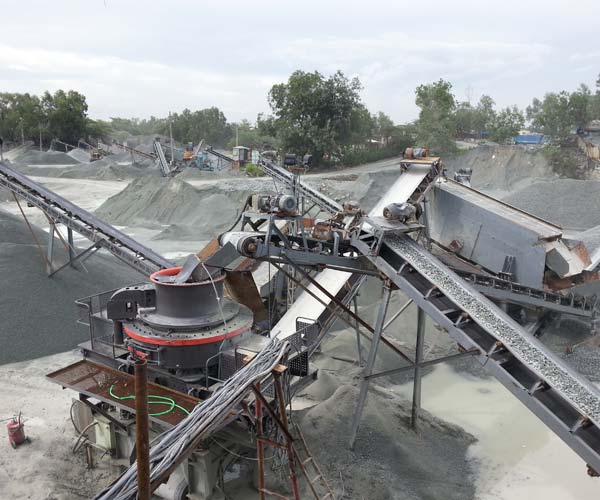
Zenith is a well-established crusher and grinding mill manufacturer based in China. With years of experience in the industry, they have become a trusted provider of equipment and solutions for customers in the aggregates, mining, and mineral grinding industry.
Artificial sand, also known as crushed sand or manufactured sand, is a type of sand that is produced artificially to meet the increasing demand for sand in construction and infrastructure projects. This sand is produced by crushing rocks, stones, or larger aggregates into smaller pieces. The use of artificial sand has gained popularity over the years due to its various advantages.
There are several benefits of using artificial sand in construction projects. Firstly, artificial sand is an economical alternative to natural sand, as it can be produced at a lower cost than natural sand. This makes it a cost-effective solution for construction companies, helping them save on expenses while still ensuring high-quality material.
Secondly, artificial sand is more environmentally friendly compared to natural sand. The extraction of natural sand from riverbeds and beaches leads to significant environmental damage, including erosion, depletion of natural resources, and disturbance to aquatic ecosystems. By using artificial sand, we can reduce our dependence on natural resources and protect the environment.
Additionally, artificial sand offers superior quality and consistency compared to natural sand. It can be manufactured to meet specific requirements, such as particle size, gradation, and shape, ensuring consistent and reliable performance in construction projects. This allows for greater control and precision in construction, resulting in better quality structures.
Setting up an artificial sand plant involves several steps. Firstly, the raw materials need to be crushed into smaller particles. This can be done using crushers, which reduce the size of rocks, stones, or aggregates. The crushed material is then washed and classified to remove impurities and achieve the desired particle size.
Once the raw materials are prepared, they are mixed with water, cement, and other additives to form the artificial sand. This mixture is then processed in a sand plant, where it is washed, shaped, and dried to produce the final product. The artificial sand can be used directly in construction projects or further processed for specific applications.
Artificial sand plants have revolutionized the construction industry by providing a sustainable and cost-effective solution for the increasing demand for sand. With the advantages of being economical, environmentally friendly, and offering superior quality, artificial sand has become a preferred choice for many construction projects.
As the demand for sand continues to rise, the future of artificial sand plants looks promising. With advancements in technology and equipment, the production of artificial sand has become more efficient, allowing for greater scalability and reliability. This ensures that the construction industry can meet the demand for sand while minimizing the impact on the environment.
In conclusion, artificial sand plants offer a comprehensive solution for the construction industry, providing a sustainable alternative to natural sand. With the expertise and solutions provided by companies like Zenith, the future of artificial sand plants is bright, offering a greener and more efficient approach to construction projects.
We have jaw crushers, impact crushers, cone crushers, sand makers and so on.
Mon - Sun, 0:00 - 24:00
24h Online Service
© Zenith. All Rights Reserved. Designed by
